
Top news of the day from across the health care landscape.

Top news of the day from across the health care landscape.

Top news of the day from across the healthcare landscape.
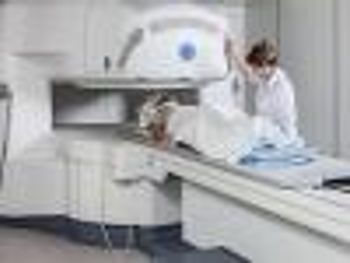
Gadolinium-containing imaging agent could improve breast cancer survival.
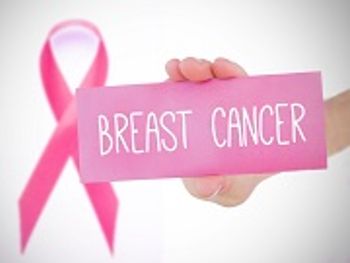
Pertuzumab-based regimen shows promise treating adjuvant treatment of HER2-positive early breast cancer.
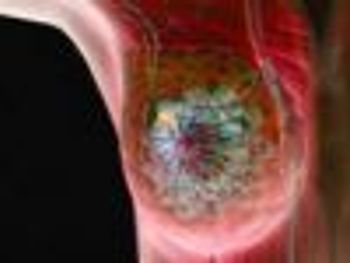
Genentech is seeking approval for Perjeta used in combination with trastuzumab and chemotherapy for adjuvant treatment of HER2-positive early breast cancer.
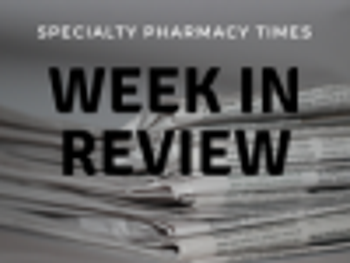
Top news of the week from Specialty Pharmacy Times.

Top news of the day from across the health care landscape.

Abemaciclib treats adults with hormone receptor-positive, human epidemical growth factor receptor-negative advanced or metastatic breast cancer that progressed after endocrine therapy.

Verzenio can be administered as a stand-alone treatment to patients previously treated with endocrine therapy and chemotherapy.

Officials with the FDA have approved abemaciclib (Verzenio, Eli Lilly), for the treatment of adults with certain advanced or metastatic breast cancer.

Top news of the week from Specialty Pharmacy Times.
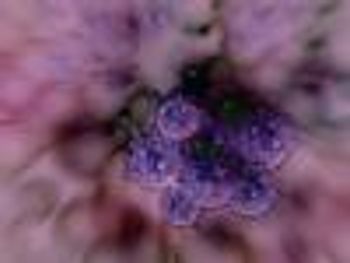
Many researchers are interested in looking at FDA-approved drugs that could potentially be repositioned for use in cancer treatment.

Certain adjuvant chemotherapy regimens may lead to long-lasting peripheral neuropathy in breast cancer survivors.

Adjuvant endocrine therapy can prevent cancer recurrence but can result in painful side effects.
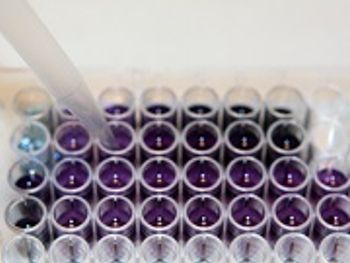
Mvasi is indicated to treat adult patients with certain types of colorectal, lung, brain, kidney, and cervical cancers.
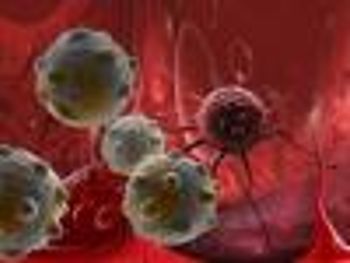
Bevacizumab-awwb, a biosimilar to Avastin, approved to treat several cancer types.

Nerlynx is indicated to treat early-stage HER2-positive breast cancer following trastuzumab-based therapy.
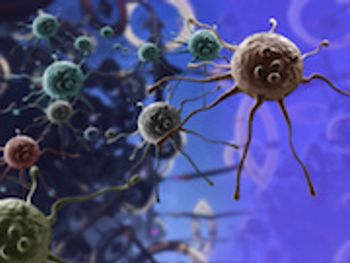
Tumor biology and size should guide breast cancer treatment.
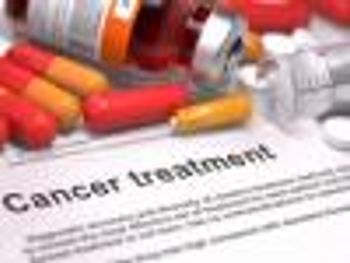
Investigational trastuzumab biosimilar shows promise as potential lower cost treatment option to Herceptin for breast cancer and gastric cancer.
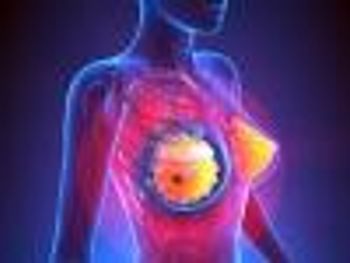
Study findings support research demonstrating endoxifen better inhibits tumor growth compared with tamoxifen.

Women with high cholesterol who take statins were 45% less likely to develop breast cancer.

Small node negative tumors can be aggressive, even if classified as clinical low risk.

Bruce A. Feinberg, DO, vice president and chief medical officer of Cardinal Health Specialty Solutions, discusses the key elements of an effective cancer clinical care pathways program.

Top news of the day from across the healthcare landscape.

Allowing patients to control mammography compression may improve stress associated with breast cancer screening.